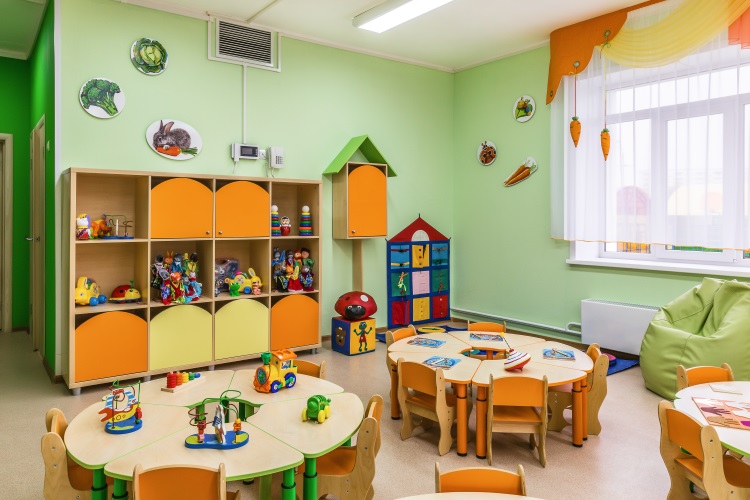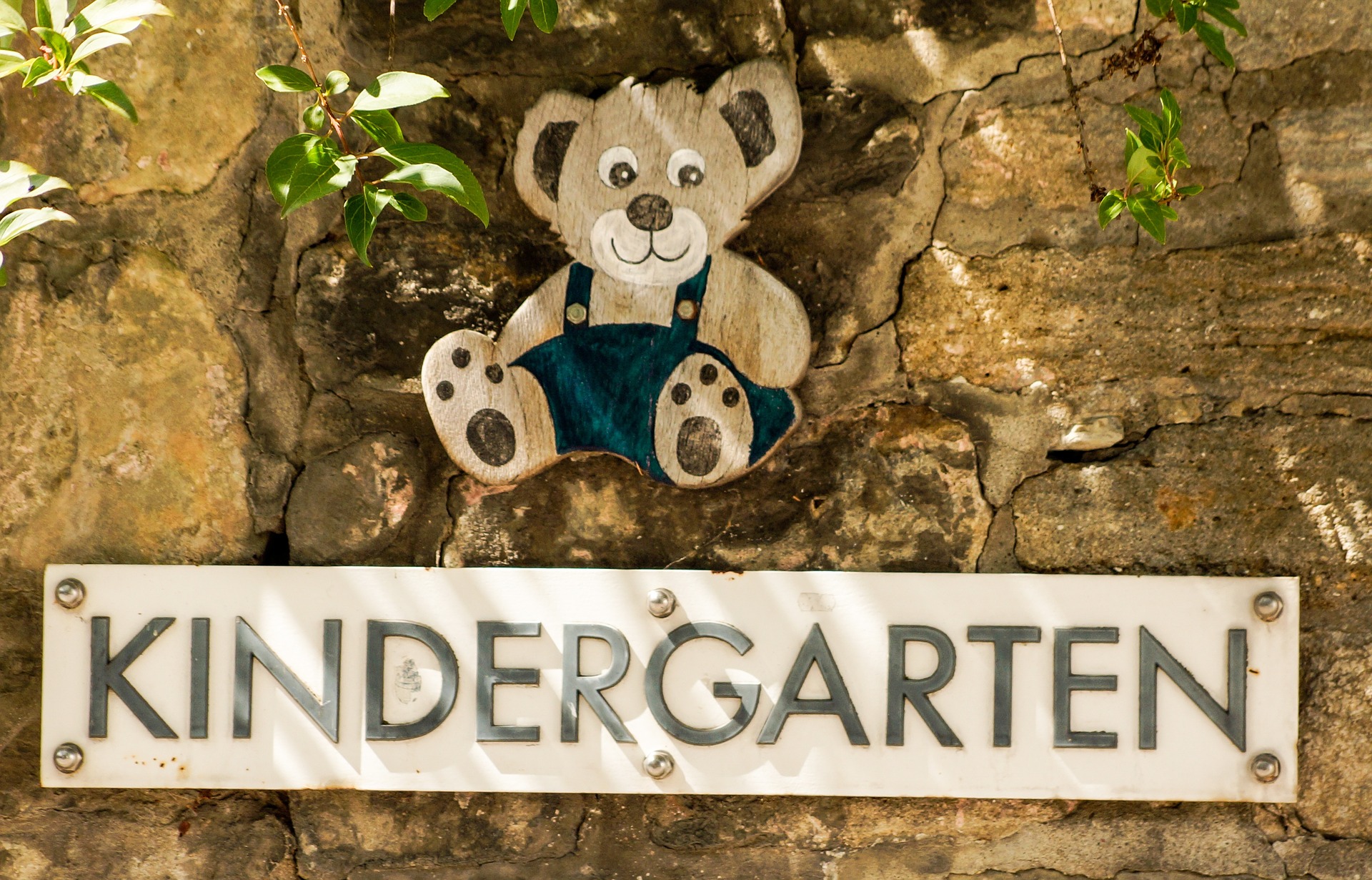Tadika vs. Taska – Do You Know the Difference?
by on 02/08/2025 ...

Early childhood education is now more popular than ever, with parents sending their child to nurseries as early as 12 months old. Every year before a new academic year begins, parents would be bustling around searching for a preschool or nursery for their child. Some parents would research for information on the Internet, some would rely on word of mouth to find out the best available preschool or nursery around town. However, many may come across terms such as “tadika”, “taska”, “nursery”, “child care center” etc., and become confused by the many terms used almost interchangeably. Here, we attempt to shed some light on the different terms used to clear the confusion to the best of our knowledge.
Generally, early childhood education refers to education for young children at the age of 6 years or younger, but is not part of the formal education system. There are mainly two types of early childhood education: taska and tadika; taska caters for children from birth to 4 years of age while tadika enrolls children between 4 to 6 years of age. The purpose of these institutions is to prepare the young children with some basic skills and knowledge before being enrolled into schools with formal education.

Tadika:
This is the most common term that every parent would know. “Tadika” comes from the abbreviation for Taman Didikan Kanak-kanak in Malay language (“taman”=garden, “didikan”=upbringing and “kanak-kanak”=children), which translates to kindergarten or preschool in English.
Taska:
“Taska” is the abbreviation for Taman Asuhan Kanak-kanak (“asuhan”=care), which is child care center or nursery.
The following table shows a comparison between the two different categories:
|
Taska |
Tadika |
|
|---|---|---|
|
Age group |
0 to 4 years old |
4 to 6 years old |
|
General information |
Typically provides child care facility for very young children while parents are at work. Attend to children’s basic needs through daily routine care (e.g. dressing, feeding and toileting / diaper changing). Most of the taska also provide developmentally-appropriate activities or programmes in addition to providing routine care. |
Provides subject-based learning activities for the acquisition of academic skills and personality development. Enables young children to acquire basic communication, social and other positive skills in preparation for formal education. There is no restriction on the language of instruction used; English, Mandarin or Tamil may be used but national language must be taught as a subject. |
|
Type of Center |
Home-based Serving fewer than 10 children
Center-based Serving 10 or more children |
Center-based Serving 10 or more children |
|
Teacher-child Ratio |
0 – 1 year old –> 1 : 3
1 – 3 years old –> 1 : 5
3 – 4 years old –> 1 : 10 |
1 teacher : 1 assistant teacher : 25 children |
|
Qualifications1 |
All child care providers and child care minders are required to attend 10 days courses (the Basic Childcare course, KAAK) specified by the Ministry of Women, Family and Community Development (MWFCD). |
All teachers teaching in preschools are trained and certified with at least a diploma in teaching. Many of them have a degree or master degree in early childhood education. |
|
Other names |
Nursery, child / day care center |
Kindergarten, preschool |
1) Taska, Nursery or Child Care Centers

In Malaysia, a legislative-approved child care center is defined as a premise at which four or more children under the age of 4 years from more than one household are received to be looked after for reward. It is a requirement for child care centers to be registered with the Department of Social Welfare, or more commonly known as Jabatan Kebajikan Masyarakat Malaysia (JKM), under the Ministry of Women, Family and Community Development (MWFCD).
MWFCD is responsible for the approval and establishment of child care centers in Malaysia whilst JKM serves as the main regulator and coordinator of early childhood care and education (ECCE) programmes.2 However, there is no specific curriculum guideline for child care providers of this category. Therefore it is really important to do some basic research before choosing a child care center for your child.
2) Tadika, Kindergarten or Preschool
This category comes under three ministries, namely the Ministry of Education (MOE); the Ministry of Rural and Regional Development; and the Department of National Unity. In 2003, MOE set the National Preschool Curriculum which all preschools are required to follow, with the aim to develop social skills, intellectual skills, physical skills, spiritual skills and aesthetic values in children. Additional programmes offered by the preschools must first be approved by the MOE.

Find out more below:
Different Teaching Methods in Malaysian Preschools
Kindergartens in Malaysia: What Do All Those Names Mean? – Part 1
3) Day Care Centers
It is interesting to note that there is also another category known as daycare center. It is like a child care center, but most daycare centers do not take in young infant and may not provide learning programmes to the children. Daycare centers cater for children of parents with full-time jobs, mainly providing a place to care for children from two to six years old, before or after school hours. Generally, they are open from 8am (or earlier) to 6pm, and some will stay open for longer than that. Some daycare centers also accept children of primary education, between 6 to 12 years of age.
There is an emphasis in the importance of early childhood education, evident from the ongoing effort by the MOE in recent years to improve the quality of preschools in the country. Children are valuable resources in our society and they are the future pillars of the nation. Therefore, they have a right to quality education regardless of their background. Every child is unique, it is the duty of the parents to pick the right nursery or preschool to cater for the needs of their child.
References:
1 Early Childhood Care & Education (ECCE) education in Malaysia
2 Early Childhood Care & Education (ECCE) in Malaysia at a Glance (for newborns to 6-year-olds): http://schoolmalaysia.com/resources/education_system.php

































